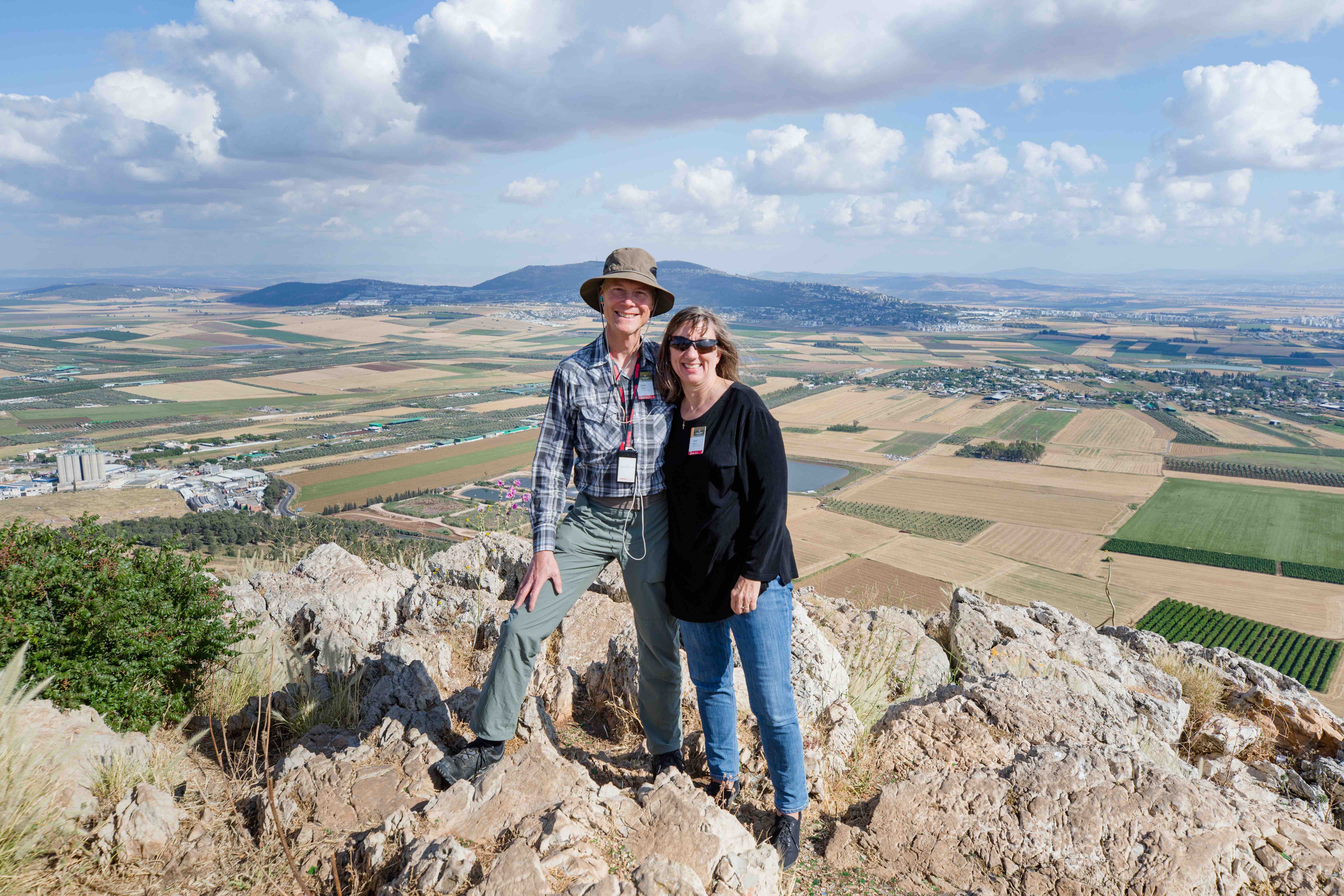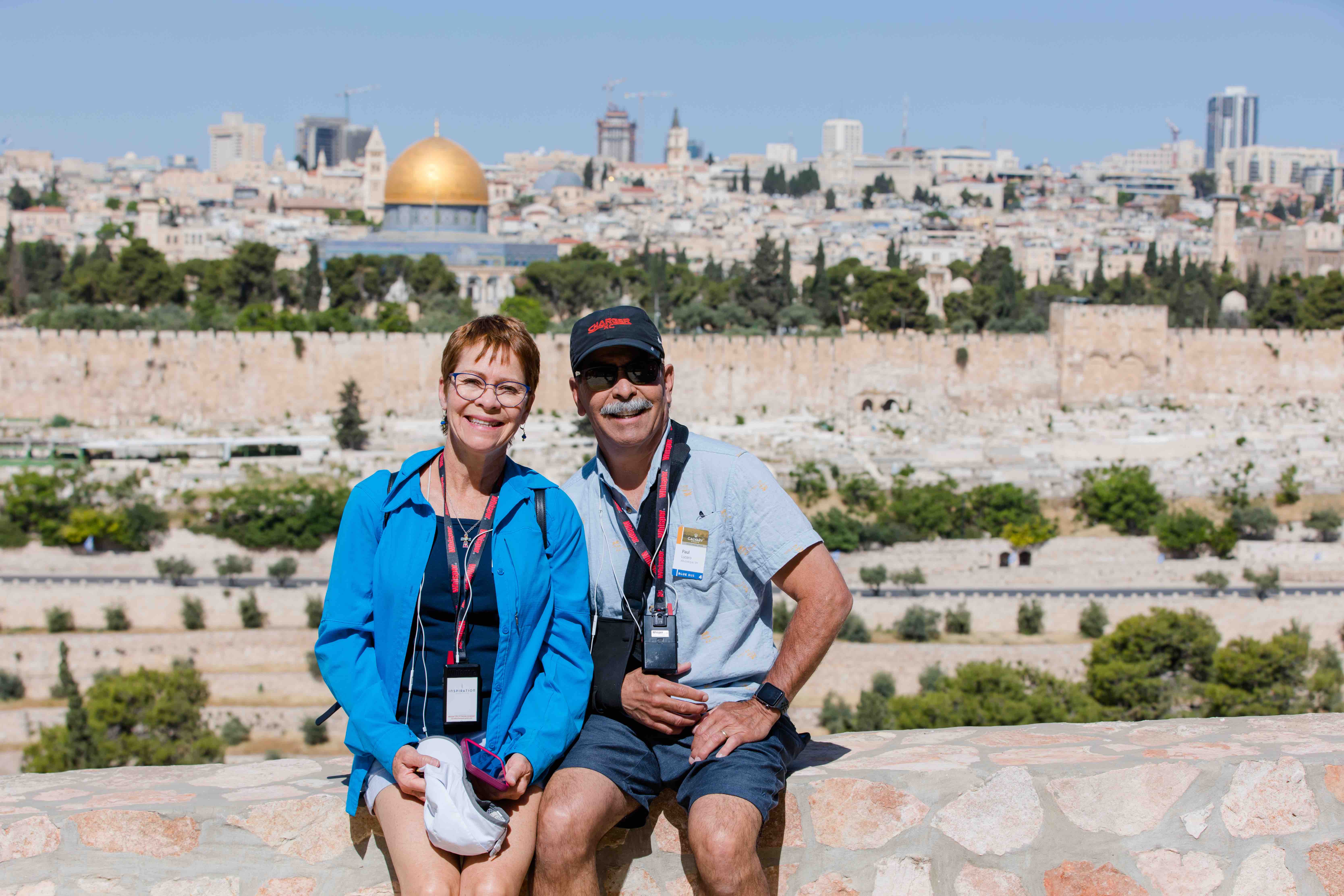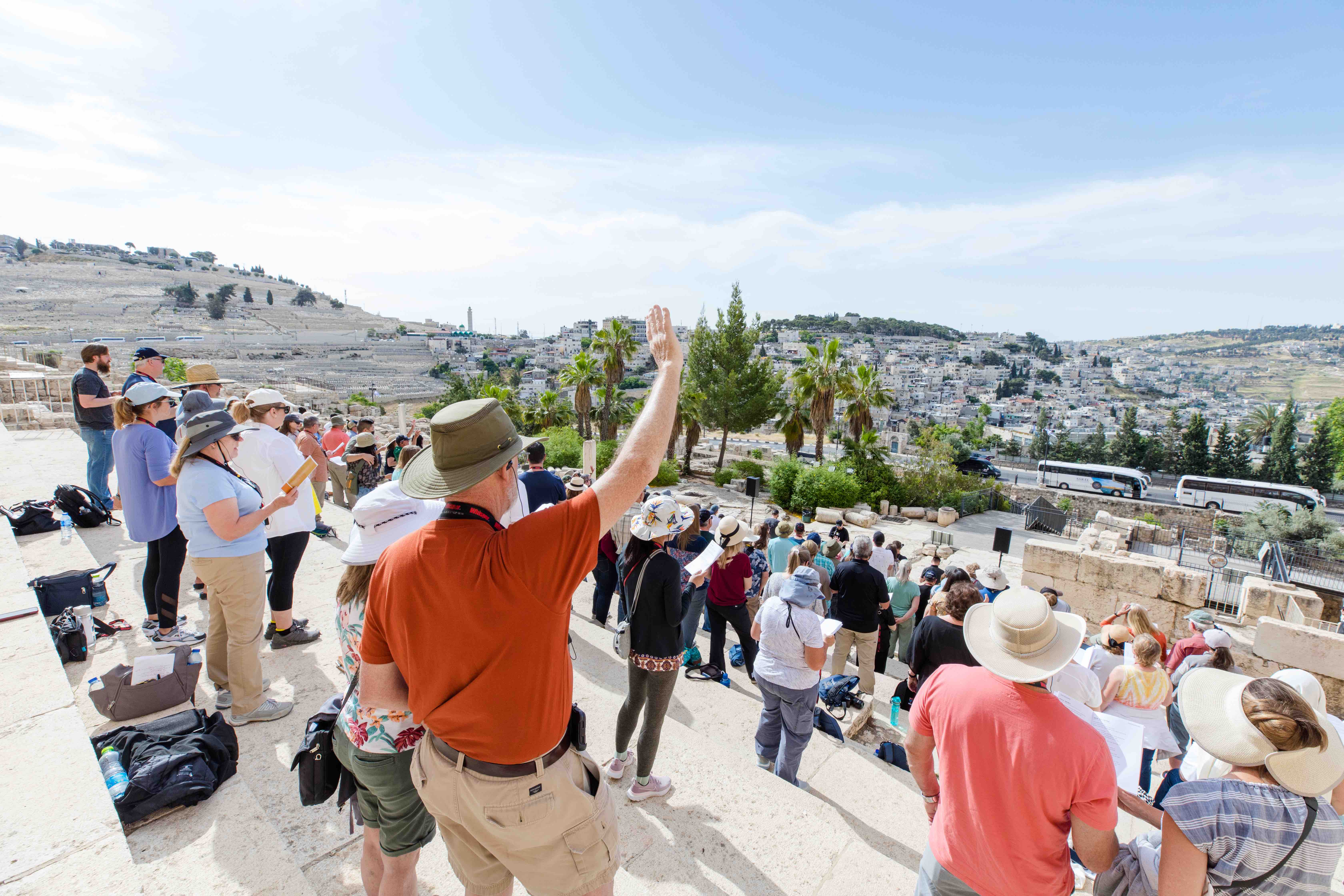FAQ: How to Pack & Prepare for Israel
Travel of any kind can be life-changing, but traveling to Israel as a Christian is transformational. Visiting the land of Scripture and walking in the footsteps of Jesus is spiritually refreshing and uplifting. Beyond the faith enrichment, Israel is a beautiful, fascinating country with surprises around every corner and vista.
Prior to departing on our Israel tours, our travelers ask plenty of questions about what to pack, how to prepare and what to expect in Israel. We created this post to answer the most frequently asked questions we receive.
What should I pack for Israel?
Spring and fall in Israel are beautiful, with high temperatures in the 80s. This is the best time of year in the country—it avoids the hot summers—and almost all of our tours take place during these months.
In addition to your passport and travel documents, we recommend the following packing list:
- Casual, relaxed clothing (trousers/pants, jeans, shorts, T-shirts, collared shirts or blouses); you won’t need any formal attire on our tours
- Light sweater or jacket
- Bathing suit and a cover-up or wrap
- Comfortable walking shoes or sandals with rubber soles
- Hat, sunglasses and sunscreen
- Toiletries
- Minor first-aid items, like bandages or pain relief medications
- Prescription medications (always bring all medications in their original containers)
- Hair care appliances (see these tips about using electronics in Israel)
- Small bag or backpack (large enough for a small Bible, pen, camera and other personal items)
It’s a good idea to check the upcoming weather in Israel before you go. You may need to bring a light raincoat and/or compact umbrella.

What about modest attire for religious sites?
On most tours, you will be traveling to holy sites and conservative areas like the Western Wall. Certain locations require men to cover their heads, but a yarmulke is provided when needed.
Some sites require everyone to wear shirts that cover their shoulders and skirts or slacks that cover the knees. You can plan for this in several different ways. Dress accordingly for the entire day or you bring a shirt and wrap-around skirt or larger pull-on pants to go over whatever you are wearing that day. There will not be changing areas. All this will be taking place on the bus as you travel from site to site. In most cases, you will be informed a day ahead of time so you can be prepared.
What about currency?
Israel’s official currency is the New Israeli Shekel (NIS), although most stores and businesses will accept U.S. dollars. Almost all businesses in Israel accept U.S. credit or debit cards. It’s a good idea to notify your bank of your travel plans so they don’t flag your foreign transaction. If you’re planning to use a credit card, check ahead of time to determine the international exchange fee. Some cards charge these fees for travelers. Others may not.
In most locations, ATM machines make withdrawing local currency an easy option, even with a U.S.-based debit card. However, exchange rates can vary. If you don’t want to spend time searching for an ATM after you arrive, we recommend requesting shekels from your bank before departing. (Sometimes they will need a few weeks to process this request.) We also suggest arriving with U.S. dollars in small denominations. The airport and our hotels will exchange small amounts of currency as well.

How much spending money should I bring?
This depends on what kind of traveler you are! Are you a gift-giver or collector? You should bring enough to purchase keepsakes for friends, family or yourself. Tourist items and shops can be expensive, but in Israeli culture, prices can be negotiable!
Our tour groups dine together on large breakfast and dinner buffets in our hotels, but you may also want to sample the local cuisine on your own. The religious traditions and cultural memories of the Israeli people inspire their local dishes, including Middle Eastern specialties like hummus, shawarma and falafel. You will have opportunities to sample these and while they are usually inexpensive, many vendors require cash.

How else can I make the most of my tour?
Bring your Bible, a journal and something to write with. You’ll want to remember many of the things you learn, as well as the spiritual insights that result from travel in this sacred place. And whether you rely on your smartphone or a larger camera, make sure you bring a way to document everything you see and do. Your friends and family back home will be eager to hear about your time in the Holy Land. Research shows that taking intentional photographs can serve as memory aids.
Most importantly, bring an open mind! Exposure to new cultures, people and places can sometimes be uncomfortable—or will at least stretch travelers outside of their comfort zones. But that’s what makes travel unforgettable.
We have plenty of Israel tours on our schedule in the months to come and hope to see you on one of them. Are you ready for a life-changing experience in the land of the Bible? We’re ready to take you there!






